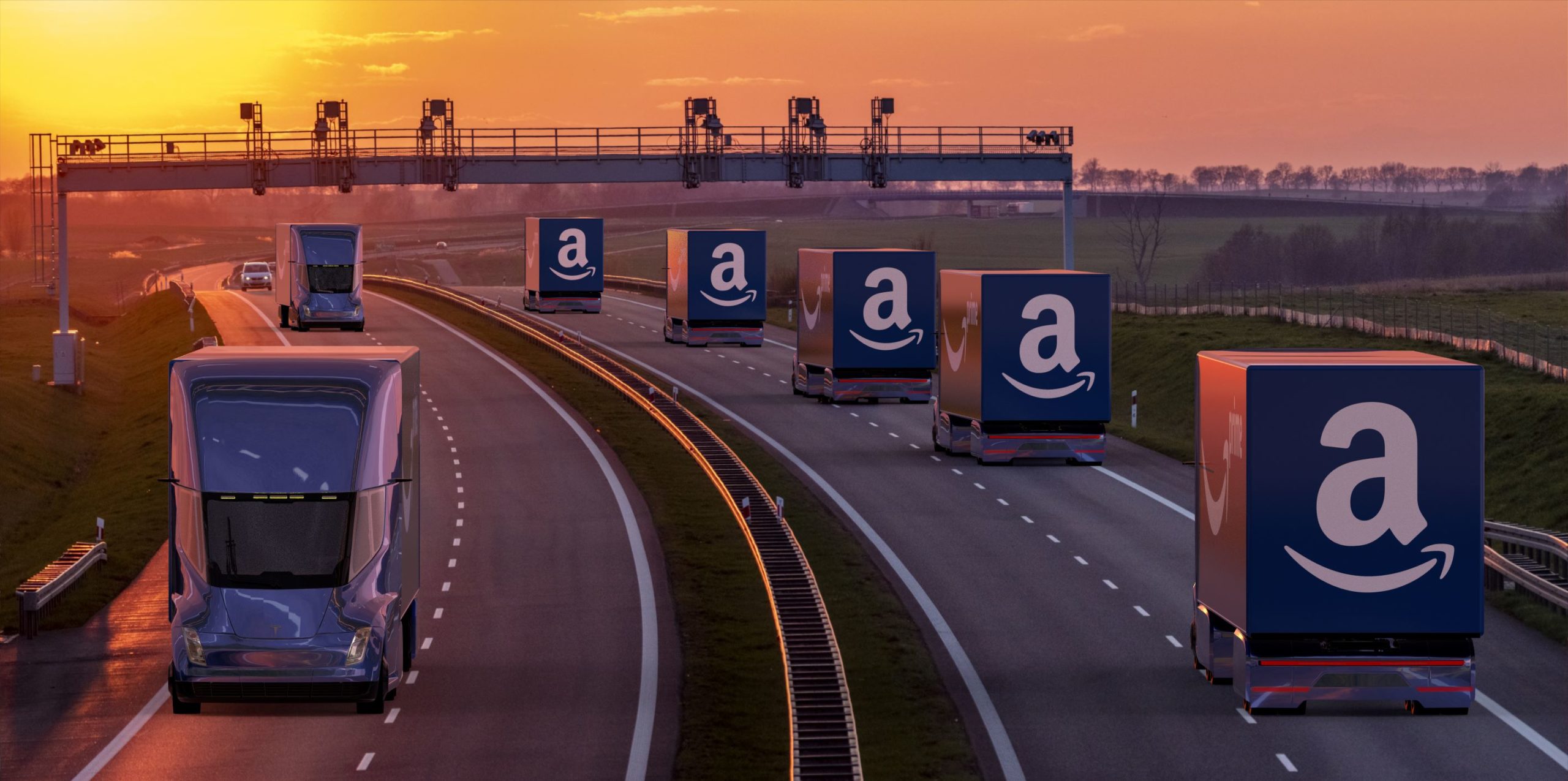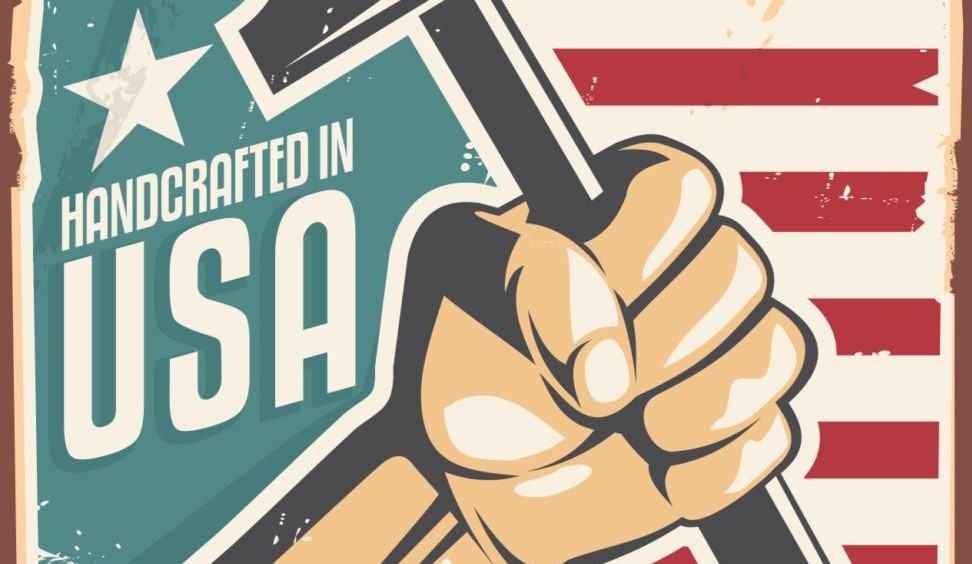

RECOMMENDED READING
A House of Representatives sub-committee report on large technology platforms has determined that Apple, Google, Facebook, and Amazon are abusive monopolies. Matt Stoller has summarized the report’s recommended course of action:
“ (1) a legislative break-up and restructuring of big tech platforms to restore competition online (2) a strengthening of laws against monopolies and mergers, (3) institutional reforms to fix and fund the Federal Trade Commission and DOJ Antitrust Division, and (4) restoring the ability of ordinary citizens to take monopolists to court on their own.”
There is no question that these tech companies need to be regulated more thoroughly. Breaking the power of “Big Tech” now seems to be a question of “if” but “when” and “how.”
But is the problem simply a case of turning “Big Tech” into “Small(er) Tech”, or are there other considerations to examine in order to curb monopolistic behavior? Much as race sometimes obscures broader class issues in terms of defining who is “disadvantaged”, an exclusive focus on the size metric could well distract from many of the problems that the House report has identified. In terms of reducing the abusive practices outlined, the remedies should be conducted with a view on outcomes, not simply process (i.e. “letting markets be markets”). Regulation should therefore be focused on function, as opposed to size per se. Furthermore, it should also be noted that function-centric regulation can be extended well beyond the technology sector’s digital platforms.
In the case of the large technology platforms that the subcommittee report specifically discusses, restoring online competition can be largely achieved through the expedient of “structural separation”, which would mean that companies like Amazon or Google would not be allowed to both own the platform and also participate as a seller on that platform.
One could legitimately ask why it is okay for a retailer like Safeway to offer their own generic products off the shelves of their stores, while preventing Amazon from doing the same over the Internet. The answer of course is that no bricks and mortar retail outlet dominates distribution platforms to the extent that Amazon dominates the online retail universe. The latter is a de facto online monopoly distribution platform, which can create long-term competitive distortions, even though in the short term, consumers might benefit from the lower prices offered by Amazon (as it seeks to eliminate its competitors via predatory pricing).
A focus on structural separation provides a useful guide to antitrust in a manner that extends beyond the digital platforms discussed in the House subcommittee’s report. Consider finance. Ask any neutral observer today whether Goldman Sachs or the Japan Post Bank (the world’s biggest deposit holder) poses a greater threat to financial stability and virtually all will agree that it is the former. That is because systemic risk is largely engendered via function, and “interconnectedness,” rather than asset size. In contrast to Goldman Sachs (or virtually any large American commercial or investment bank), the range of activities of the Japan Post Bank is limited to a mundane roster of traditional banking functions—it is primarily a savings institution. As its Wikipedia page notes, “its only loan products are overdraft lines secured by time deposits and Japanese government bonds on deposit with the bank.” This makes it highly stable, despite its massive size.
While regulators normally describe banks that pose a risk to the financial system as “too big to fail”, that mis-states the real problem. A former Savings & Loan regulator, Professor William Black classifies Goldman Sachs as a “systemically dangerous institution” (SDI) because the safety net built into the US financial system has been extended beyond deposit insurance to the extent that our monetary authorities are now underwriting reckless policies of the sort that created a multitude of financial crises. The rationale behind Glass-Steagall (which effected structural separation between commercial and investment banking activities) was to protect the integrity of the payments system, the lifeblood of an economy, as well as the businesses and consumers who relied on the provision of credit provided by the banks. Arguably, it was the erosion of this structural separation that laid the foundations for today’s ongoing financial instability (problems largely unaddressed in Dodd-Frank).
As far as size itself goes, large firms in a single industry that obtain scale from efficiencies should be allowed, not broken up, but regulated to prevent them from using predatory pricing and other such practices. Again, that does not apply to a company like Amazon, as legal scholar Lina Khan notes:
“Amazon is the titan of twenty-first century commerce. In addition to being a retailer, it is now a marketing platform, a delivery and logistics network, a payment service, a credit lender, an auction house, a major book publisher, a producer of television and films, a fashion designer, a hardware manufacturer, and a leading host of cloud server space.”
Khan is right: we don’t want allow Jeff Bezos to be able to buy up all the book shops, film studios, or food distributors with the goal of eliminating all forms of competition in order to jack up prices. Especially when it has also become a big provider of the underlying infrastructure of the internet through its Amazon Web Services unit. This is precisely where the Department of Justice (DOJ) should deploy its antitrust power.
On the other hand, presupposing that size-centric antitrust proposals represent the end-all in regulation ignores the increasing significance of economic network theory. Network theory explains that when a product or service has an increasing demand, that is, the more people use it, the more utility it brings. It also suggests that social networks like Facebook or search engines such as Google lend themselves to becoming natural monopolies in order to function optimally. In other words, we don’t need 5 different phone operating systems, 10 different browsers, or 15 search engines all with equal market share. Or, for that matter, 8 mini-Facebooks (especially if the owners of the newly broken-up FBs retain full control of algorithms to determine what people see in their News Feeds, what privacy settings they can use, and even what messages get delivered to news consumers, as Mark Zuckerberg does today).
Should policy simply move to break up these companies again and restart the whole cycle of competition, takeover and consolidation? Or consider a size-neutral, function-centric regulation—i.e., separation between the control of content and distribution— to rectify market abuse? Especially in the increasing returns sector, any predatory behavior by oligopolies or monopolies (a real danger at times) should be checked by the countervailing power of government regulation, not by breaking up Google into 20 mini-Google search engines.
Ideally, we want to create a version of checks and balances among independent agents with interests that often collide and power to compel negotiation and limit abuses of power, rather than applying a simplistic size metric that automatically compels break-up, no matter what the industrial structure, or the nature of the market itself. Antitrust policy must distinguish between traditional competitive markets with constant or diminishing returns and imperfect markets, mostly in the traded sector and infrastructure, characterized by economies of scale and scope and/or network effects.
Above all else, it is important to note that market competition is not simply as an end in itself. The ultimate goal ought to be shaping market mechanisms to make them consonant with broader public purpose. Antitrust is an effective instrument that has its place in this regard, but simply placing faith in benign outcomes by “letting markets be markets,” or assuming that “big is bad,” are theological doctrines, not real solutions.
Recommended Reading
Curtailing Big Tech Requires Much More Than Breaking It Up
American Compass executive director Oren Cass makes the case for disaggregating the Big Tech debate and giving greater focus to the digital age’s novel challenges.
Are Labor Unions Predatory Monopolies?
At Law and Liberty, I took part in a symposium debating the libertarian scholar Richard Epstein’s comparison of labor unions to predatory monopolies, which he described as the “classical liberal” view.
Economies of Scale Versus Big Business
Last week, some very large employers – including Salesforce, Tesla, and Walmart – called for a corporate merger moratorium for hospitals and doctors groups. It’s unusual to have the paragons of big business assert the need for aggressive antitrust, but it speaks to how confused our current economic debates really are.












